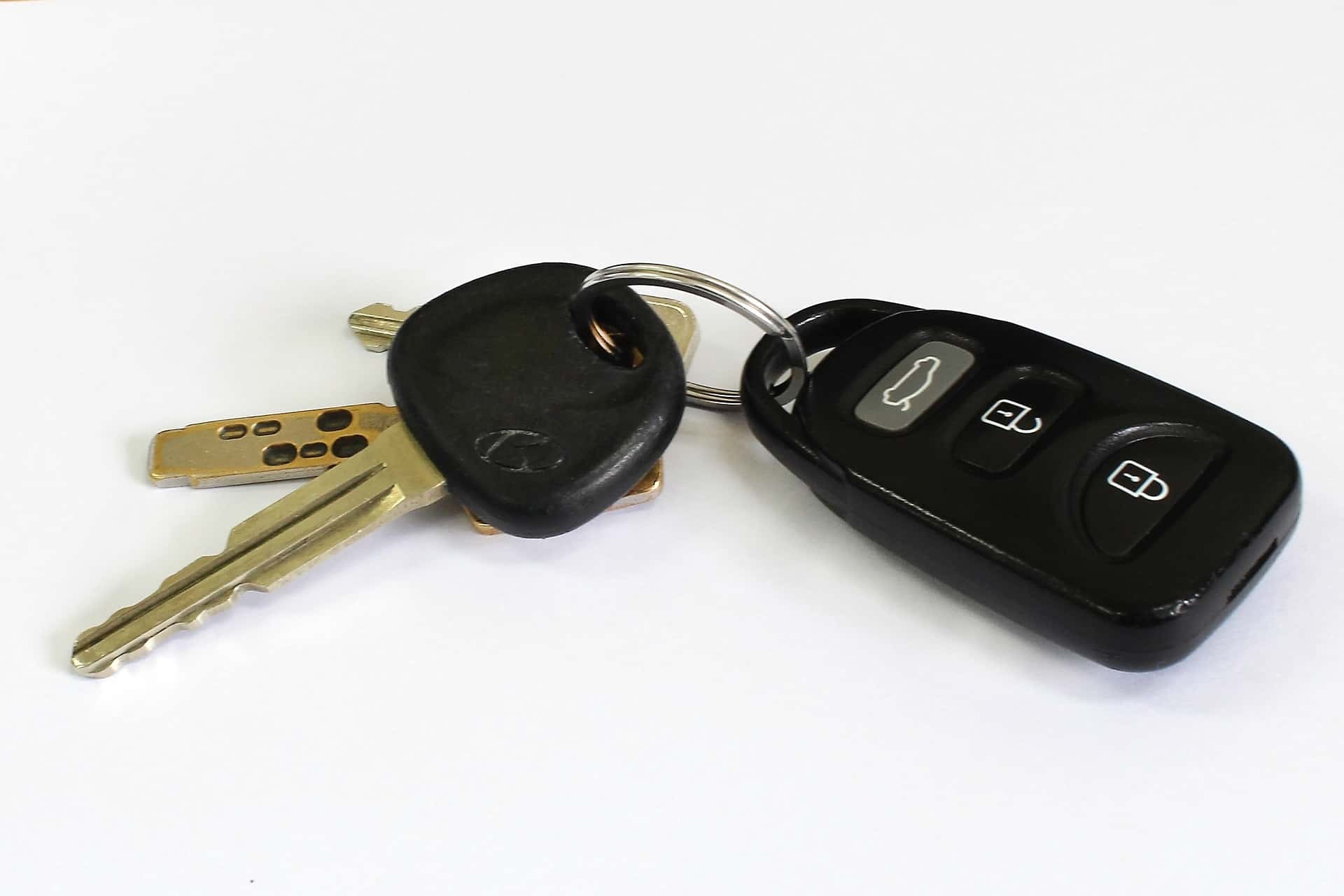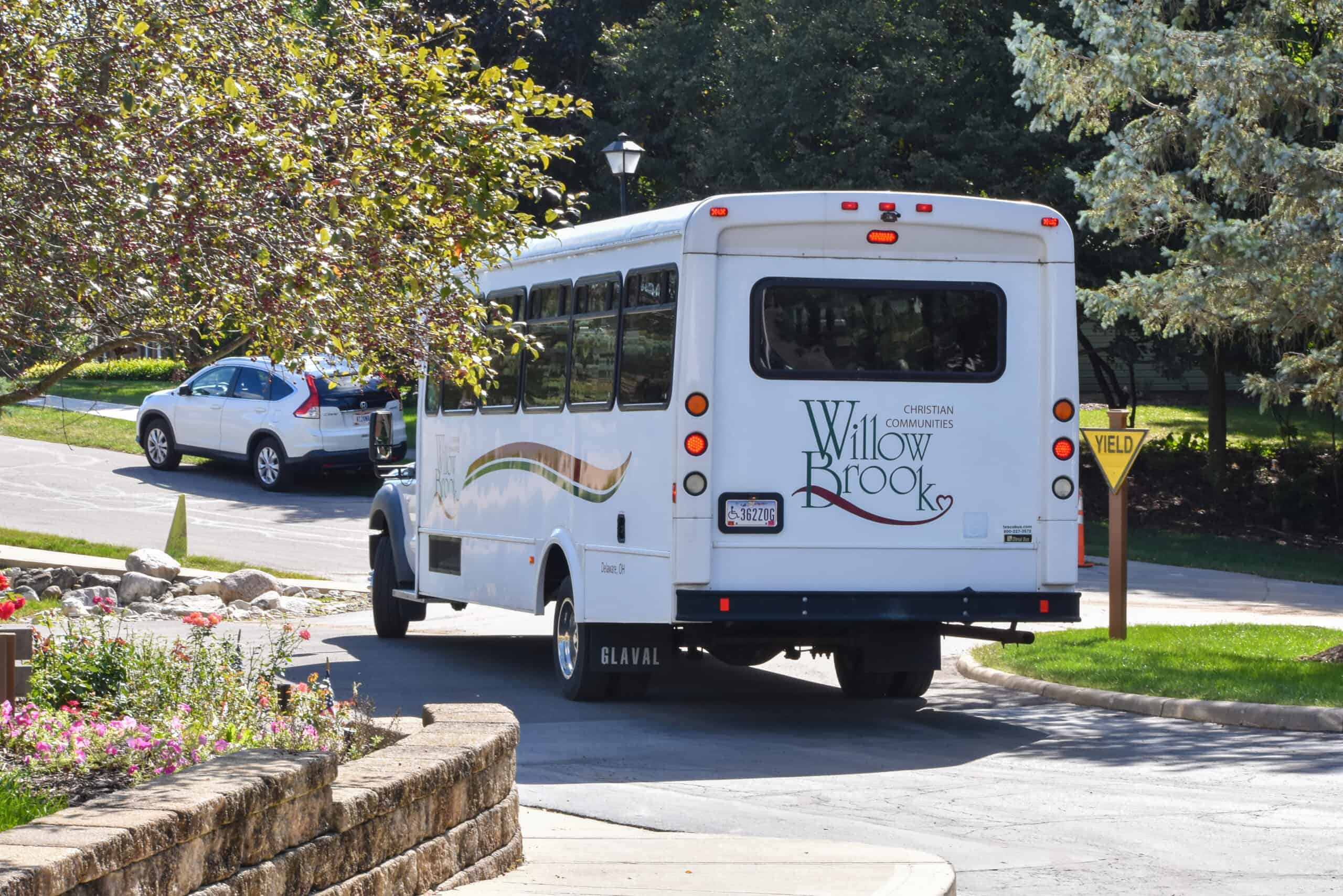
Recent Posts:



3 Myths About Senior Living Communities (And the Truth Behind Them!)
May 28, 2025
No Comments
Read More »
As someone who works in senior care and used to work directly with families and residents, I can say that few conversations cause more consternation than the one about a loved one needing to give up the car keys.
It is a topic that almost never fails to provoke emotion for both parties, for very different reasons. The adult child, family member, or friend who believes their loved one should not be driving sees patterns or behaviors that make them fear for both the safety of their loved one and other people sharing the road. The loved one in question sees themselves as an experienced driver, and the suggestion to give up driving is an assault on their autonomy, independence, and good judgment. After all, we are taught from a young age that driving equals freedom. Such a notion is not so easy to let go of. So the loved one responds by digging in their heels. No. You’re not taking my car away. You cannot tell me what to do. I make my own decisions.

What does it take to turn the tide? Sometimes it takes a series of scrapes and scratches on the car, or even a minor fender bender to clue into the reality that driving has become unsafe. Other times, a serious car accident or injury to themselves or another is the catalyst. Even then, an older adult might seek to explain away such an occurrence.
Ideally, an older adult will come to their own realization that their driving has the potential to hurt someone, see the proverbial writing on the wall, and will hand over their keys. But this does not always happen.

Did you know that Willow Brook provides bus trip outings for residents? We also have shuttle services and companion services to aid residents who no longer have access to a vehicle of their own or choose to no longer drive.
If you are an adult child who has been met with a brick wall on this issue, take comfort. Sometimes the role reversal that happens with children and parents as they age – that is, the adult child becomes more like the parent in the relationship and the older adult becomes more like a dependent – can cause resentment and make conversations like giving up the car keys much more difficult. It becomes personal. If that dynamic is absent, there may be a better chance that a loved one will take heed.
It often takes the involvement of an authoritative third party to be the deciding factor: a family doctor, trusted clergyperson, or even law enforcement. Other times, an influential outside professional, community member, or friend may be more convincing.
If dementia plays a part in the conversation (and it often does), I encourage you to watch this short video from dementia care specialist Teepa Snow as a starting point for further discussion.
If you are a Willow Brook resident or family member struggling with this conversation, please do not hesitate to speak with our staff for guidance. While every situation is unique, we have years of experience and knowledge to help support you on this journey.
If you live or work in Delaware County and are over the age of 55, SourcePoint is a fantastic resource. Their Transportation Portal is a great place to discover transportation alternatives, or you can call them directly at 740-363-6677 to be connected to additional services.
No matter where you live, CarFit offers older adults the opportunity to check how well their personal vehicles “fit” them. The program also provides information and materials on community-specific resources that could enhance driving safety and/or increase mobility in the community.
Finally, if you are an older adult who has been told that your driving may be unsafe, please know that the number one concern of those who have approached you is your safety and well-being and that of the other drivers and pedestrians with whom you share the road. It is borne of love.



